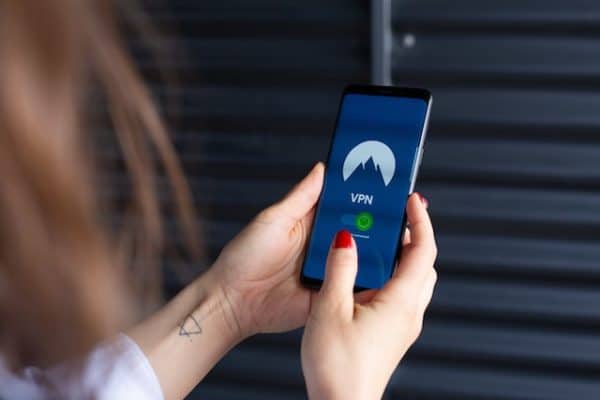
Think “safe digital habits” is a snooze fest? It’s time to wake up and smell the coffee because the stats are horrifying. Cyberattacks happen every 39 seconds, and a whopping 95% of these attacks are due to human error, oversight, or people’s reluctance to adopt safe digital habits.
Safe digital habits aren’t just important – they’re essential for our digital survival. And it’s not that hard to start incorporating a few of our tips into your daily routine. So, let’s highlight the dangers you may encounter and start adopting safe cyber practices today.
Why are good digital habits important?
For starters, good digital habits lead to better productivity. You stay organized and efficient when you use the correct digital tools to manage your tasks. It also leads to better cybersecurity.
Then, of course, we have all the cyber threats. Your online behavior leaves a digital footprint that can impact your personal and professional life. And hackers come up with new ways to exploit internet users every day. People with no or weak cybersecurity habits are the easiest targets.
Businesses are at even higher risk. If you and your colleagues’ or employees’ digital habits aren’t up to standard, outsiders could gain access to customers’ data. Data breaches can lead to fines and distrust, ruining customer loyalty.
What are the most dangerous digital security risks?
Hacking and phishing are the most serious threats today. They have many consequences for their victims:
● Financial loss: Some phishing attempts are designed to steal financial information, such as credit card numbers or bank account details. Can you say “unauthorized transactions”?
● Identity theft: Other phishing attempts aim to steal personal information, such as your name, address, and Social Security number. Cybercriminals use this information to commit identity theft, which, in the worst-case scenario, can wipe you out financially and damage your credit score.
● Malware installation: Some phishing attempts trick you into downloading malicious software (malware). This can give attackers control over your device, allow them to steal information, lock or wipe your files, or use your device to attack others.
● Loss of personal data: If a phishing attempt is successful, you could lose access to the data in compromised accounts. How would you cope with losing your emails and personal photos or documents?
● Damage to reputation: A compromised account could be used to send out further phishing emails to your contacts. Or, imagine the horror of waking up to a hijacked social media account posting porn on your employer’s Facebook timeline!
Top picks for implementing good cyber habits
Good cyber habits include being aware of the dangers in the cyber landscape and taking steps to protect yourself online.
● Start with a VPN: A VPN service encrypts and protects your connection to the internet. Apart from protecting your identity and IP address, it also shields your logins, credit card details, and other data.
● Steer clear of public networks (unless you use a VPN service): Public Wi-Fi is a popular playground for cyber-criminals who eavesdrop on your internet connection and capture sensitive data. However, if you like to use public Wi-Fi to save on your data plan, be sure to install an online VPN first to encrypt transmitted data.
● Fire up that firewall and antivirus: Think of a firewall as a bouncer who monitors all the incoming and outgoing network traffic on your devices. Combine it with an antivirus and a VPN service to keep your computer safe.
● Don’t hit snooze on software updates: Yes, those update notifications can be annoying. Developers know it! It’s nevertheless essential to push updates to patch vulnerabilities immediately to protect you from cyberattacks via new exploits.
● Get a password manager: Using the same password for everything is a huge risk. A password manager can help you avoid it by creating and storing strong, unique passwords for all your accounts. Did you know that a hacker can crack an 8-digit password within seconds? Use at least 12 digits and mix up those letters, special characters, and numbers.
● Keep personal information private: Oversharing online? Remember, once it’s online, it’s out there forever, just waiting to be re-discovered and used by bad actors.
● Audit app privacy settings: Review the privacy settings on your apps regularly. Software updates can override previous restrictions without you being aware of it.
● Learn to spot phishing attempts: Phishing emails can look legit, especially in the new era of AI for all. Scammers and hackers have taken this technology with great enthusiasm and use it to impersonate people you know and write more convincing, personalized phishing emails.
● Be smart about data storage and sharing: Regularly back up your data to prevent loss from device crashes or theft. And don’t send sensitive documents by email. Share them via secure methods like encrypted cloud services.
Wrapping up
Cyber threats are everywhere. It’s crucial to have good cyber habits protecting you against them. The stakes are high, not just for individuals but also for businesses that hold vast amounts of consumer data. So, consider your current digital habits and use our tips from this article to improve them.
 Gearfuse Technology, Science, Culture & More
Gearfuse Technology, Science, Culture & More


